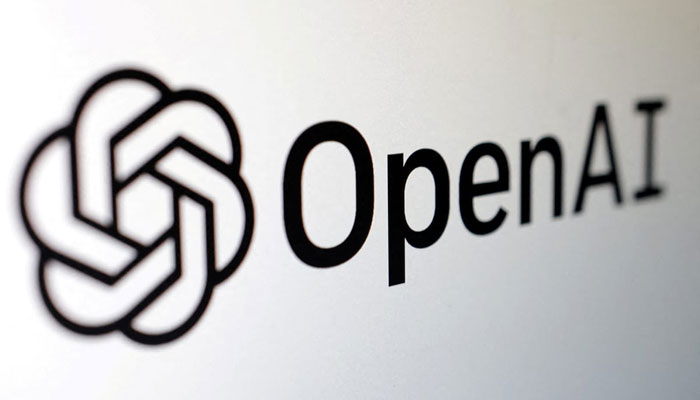OpenAI unveils new AI voice technology amid deepfake concerns
OpenAI puts brakes on new voice technology as it creates realistic human voice amid deepfake concerns
ChatGPT creator OpenAI unveiled a preview of its latest artificial intelligence (AI) tool, Voice Engine on Friday.
The new OpenAI tool can create realistic-sounding speech that mimics human voices.. The tool, which requires only a 15-second audio sample, can closely replicate the original voice of the speaker, according to an OpenAI blog post.
OpenAI said that Voice Engine could help users with reading and translating languages. It can also give a voice to those who cannot speak. However, the company acknowledges the serious risks associated with this technology, especially during an election year.
Developed in late 2022, Voice Engine underwent private testing with a select group of trusted partners in late 2023. These partners agreed with the company that they would adhere to usage policies that require explicit consent from the original speaker and prohibit impersonation without consent, according to the company. Additionally, they must disclose that the voices are AI-generated, and the audio features watermarking for traceability.
“We hope to start a dialogue on the responsible deployment of synthetic voices, and how society can adapt to these new capabilities,” OpenAI said in the blog post.
“Based on these conversations and the results of these small scale tests, we will make a more informed decision about whether and how to deploy this technology at scale.”
OpenAI recommends implementing voice authentication to verify the original speaker's intent and maintaining a "no-go voice list" to prevent creating voices resembling prominent figures.
While OpenAI remains cautious, it hopes to foster a dialogue on responsible deployment and considers wider release possibilities.
OpenAI seemed unsure about fully releasing the tool, saying that they hope to discuss the responsible use of AI-generated voices and how society can adjust to this new technology. Their decision on releasing Voice Engine will depend on these discussions and the small-scale tests.
Earlier this year, a message that sounded like President Biden was sent to voters in New Hampshire before the primary election, telling them not to vote.
A political strategist later admitted to creating fake robocalls to warn people about the dangers of AI in politics.
An Arizona newsletter also recently released a deepfake video of a Republican politician to show readers how realistic this technology has become.
-
SpaceX launches 25 Starlink Satellites on its Falcon 9 booster from the West Coast
-
New observatory sends 800,000 asteroid alerts in one night
-
Planetary parade 2026: Here's how to see six planets aligning today
-
NASA announces new Artemis moon mission aimed at expanding astronauts’ exploration efforts
-
Is human mission to Mars possible in 10 years? Jared Isaacman breaks it down
-
Total lunar eclipse to turn Moon red on March 2-3
-
Stunning new photos of the Milky Way shed light on how stars are formed
-
Antarctica’s mysterious ‘gravity hole’: What’s behind the evolution of Earth’s deep interior?












